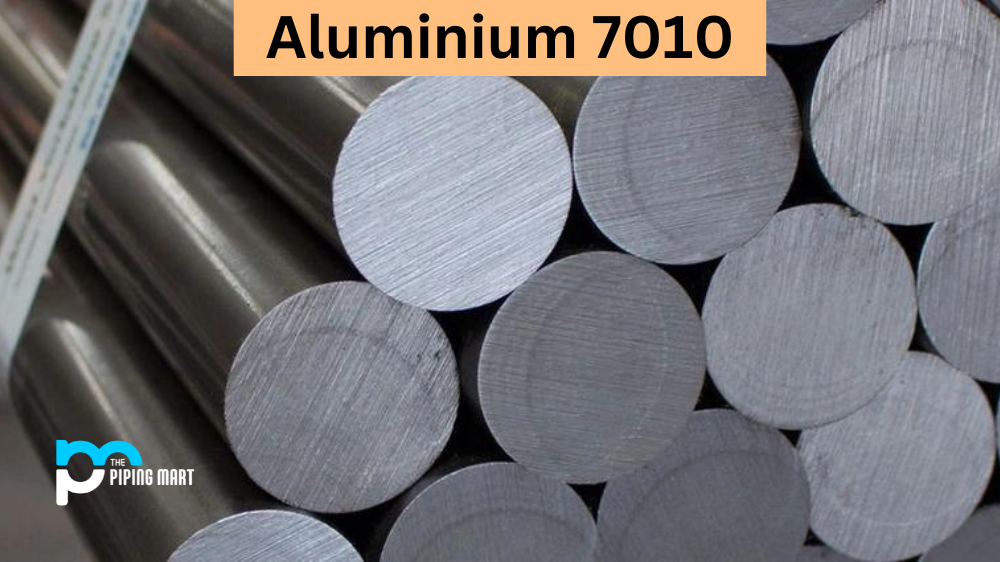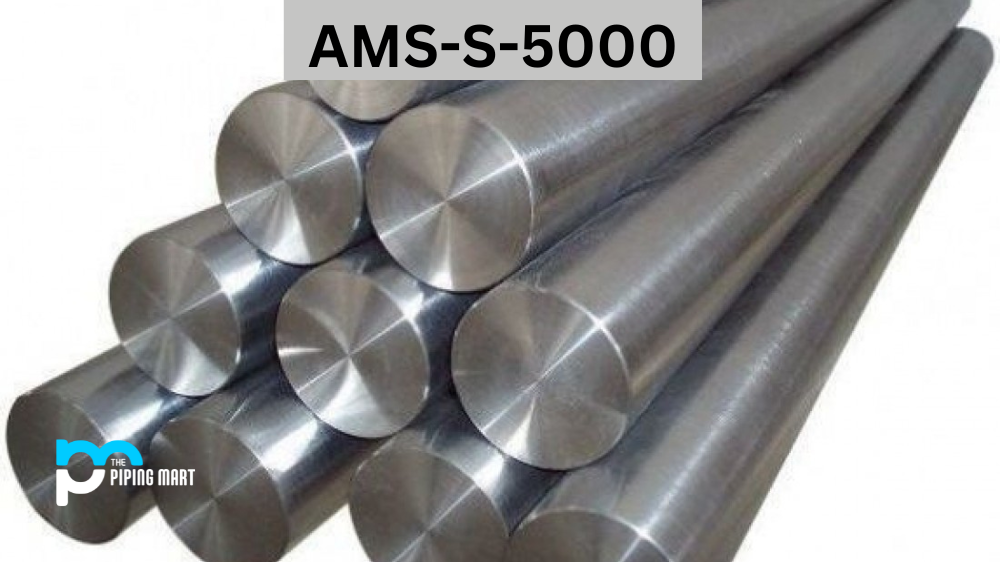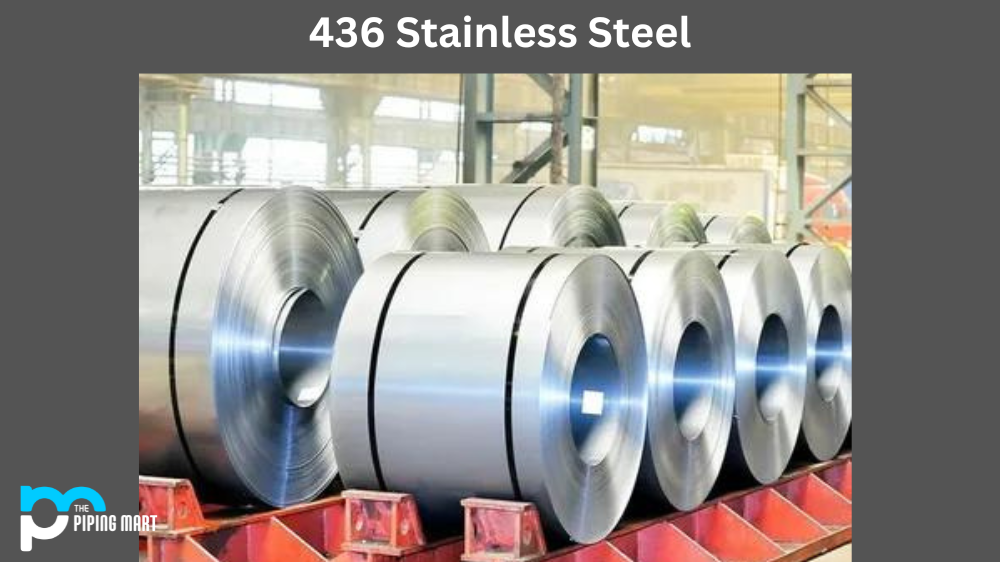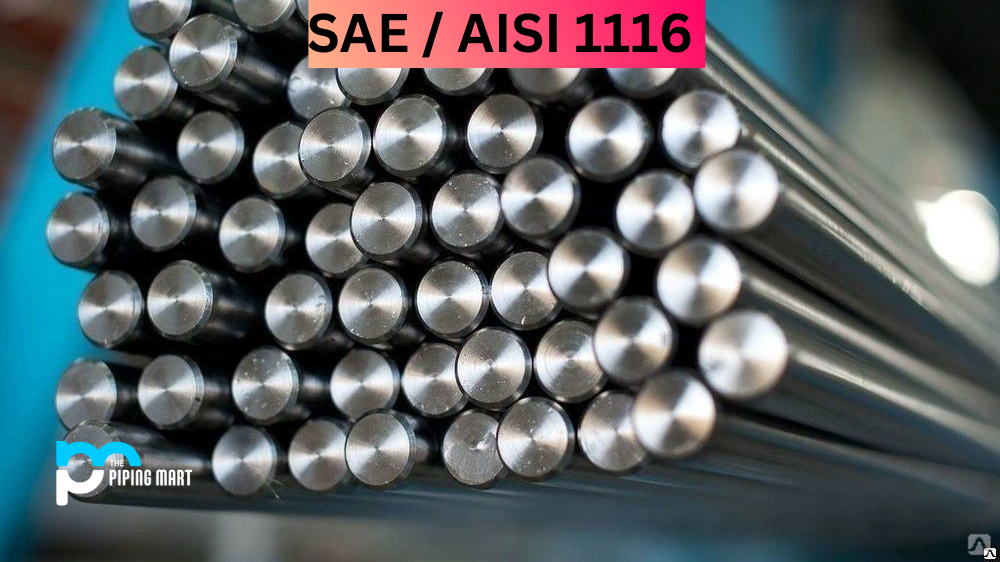Aluminum 7010 Alloy, also known as UNS A97010, is a high-strength aluminum alloy used in various industries. This alloy is known for its impressive strength, making it a popular choice for structural applications. Its unique composition includes trace amounts of elements such as magnesium, copper, and zinc, contributing to its strength and durability. In addition to its strength, Aluminum 7010 Alloy is also highly corrosion-resistant and has excellent weldability. Due to its impressive properties, this alloy is commonly used in the aerospace and defense industries and in various types of transportation. In this blog post, we’ll explore the uses, properties, and treatments of 7010 Alloy.
What Forms of Aluminium 7010 is Available at Piping Mart?
- Aluminium 7010 Bar
- Aluminium 7010 Pipe
- Aluminium 7010 Tubes
- Aluminium 7010 Valves
- Aluminium 7010 Washers
- Aluminium 7010 Flanges
- Aluminium 7010 Fasteners
- Aluminium 7010 Sheet Plates
- Aluminium 7010 Pipe Fittings
- Aluminium 7010 Forged Fitting
7010 Alloy Composition
| Element | Content (%) |
|---|---|
| Aluminum, Al | 87.8 – 90.6 |
| Zinc, Zn | 5.70 – 6.70 |
| Magnesium, Mg | 2.10 – 2.60 |
| Copper, Cu | 1.50 – 2.0 |
| Iron, Fe | 0.15 |
| Zirconium, Zr | 0.10 – 0.16 |
| Silicon, Si | 0.12 |
| Manganese, Mn | 0.10 |
| Titanium, Ti | 0.060 |
| Chromium, Cr | 0.050 |
| Nickel, Ni | 0.050 |
| Other, total | 0.15 |
| Other, each | 0.050 |
7010 Alloy Physical Properties
| Properties | Metric | Imperial |
|---|---|---|
| Density | 2.82 g/cm3 | 0.102 lb/in³ |
7010 Alloy Mechanical Properties
Aluminum 7010 alloy is an aluminum-silicon-magnesium alloy that offers a number of impressive mechanical properties. It has high strength, good corrosion resistance, and excellent temperature stability. This makes it an ideal choice for applications such as aircraft frames, automotive parts and components, and food packaging. Aluminum 7010 alloy also provides good electrical conductivity, making it suitable for a wide range of electronic and battery applications. Its extreme toughness and bendability further add to its appeal in manufacturing environments. With its impressive range of mechanical properties, it’s clear why Aluminum 7010 alloy is so popular among manufacturers.
7010 Alloy Equivalent
- AMS 4203
- AMS 4204
- AMS 4205
7010 Alloy Uses
Aluminum 7010 is highly sought after for its superior strength and corrosion resistance. It is commonly used in aerospace due to its high strength-to-weight ratio and machinability. It is also used in automotive components and structural applications such as bridges and buildings. Aluminum 7010 has good formability, which makes it ideal for fabricating ornamental structures or parts with intricate shapes, such as brackets or frames.
7010 Alloy Uses in Industries
- Aerospace industry
- Automotive industry
- Marine industry
- Defense industry
7010 Alloy Corrosion Resistance
Aluminium 7010 has excellent corrosion resistance properties due to its high chromium content. This provides protection against oxidation and prevents rust from forming on the surface of the alloy. Additionally, it has good weldability making it suitable for welding applications where a high degree of corrosion resistance is required.
7010 Alloy Heat Resistance
Aluminum 7010 has very good thermal conductivity, making it ideal for use in applications that require efficient heat transfer, such as radiators or heat exchangers. Additionally, it has a high melting point, allowing it to withstand temperatures up to 650°C (1,202°F). This makes it an excellent choice for parts that operate at elevated temperatures, such as turbines or exhaust systems.
7010 Alloy Heat Treatment
Aluminium 7010 can be heat treated to increase its strength and improve its wear resistance properties. The most common heat treatment process involves heating the material at around 600°C (1,112°F) followed by quenching in water or air cooling until room temperature is reached before ageing at 190°C (374°F) for two hours. This process will result in improved mechanical properties without sacrificing any of its corrosion resistance abilities.
7010 Alloy Machining
Aluminium 7010 can be machined using conventional tools but should be done with proper coolant lubricants to prevent overheating during operation, which can lead to tool wear or workpiece damage. Additionally, due to its relatively low melting point compared to other metals, it should be machined at low speeds and pressures when possible to reduce friction between tool and workpiece which could generate excessive heat buildup during machining operations resulting in poor surface finish or even worse – tool breakage!
7010 Alloy Welding
Aluminum 7010 can also be welded using conventional welding techniques such as TIG welding or MIG welding with filler materials like ER70S2 or ER70S6 wire rods, depending on the application requirements. However, proper shielding gas must be used when welding this alloy since it tends to form oxides quickly when exposed to oxygen which could lead to porosity issues if not addressed properly during welding operations!
Conclusion:
In conclusion, aluminium 7010 is an extremely versatile material with many desirable properties, including excellent corrosion resistance, good machinability, good weldability and thermal conductivity, and the ability to withstand temperatures up to 650°C (1,202°F). Proper heat treating will further enhance these characteristics making aluminium7010 an excellent choice for a variety of applications ranging from aerospace components to automotive parts and structural applications requiring superior strength and durability! With a proper selection of materials along with proper fabrication techniques like machining & welding, this material can provide maximum performance benefits while keeping costs low!

A passionate metal industry expert and blogger. With over 5 years of experience in the field, Palak brings a wealth of knowledge and insight to her writing. Whether discussing the latest trends in the metal industry or sharing tips, she is dedicated to helping others succeed in the metal industry.




